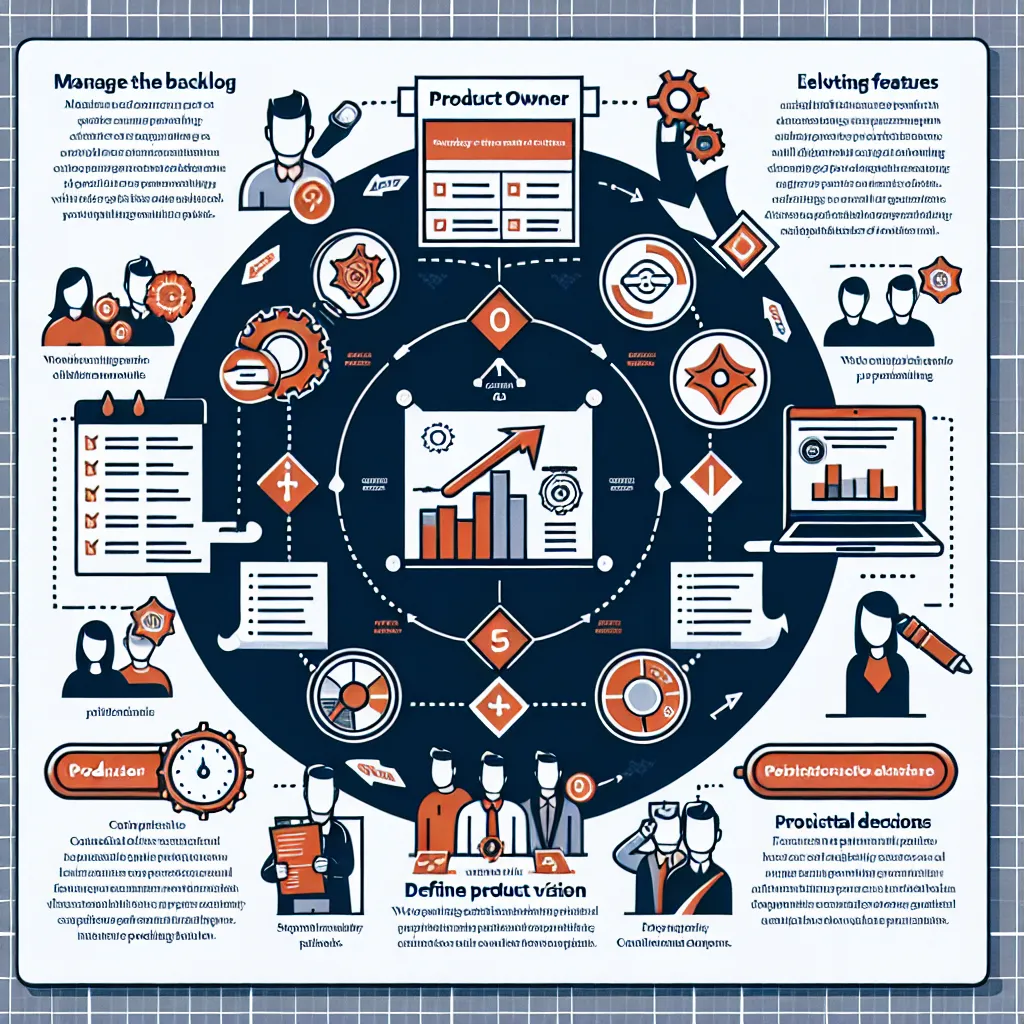Are you gearing up for a job interview in English? Whether you’re a non-native speaker or simply looking to polish your interview skills, this guide will help you navigate the challenges of interviewing in English with confidence. From mastering common questions to avoiding typical pitfalls, we’ll cover everything you need to know to make a lasting impression on your potential employer.
Understanding the Importance of English in Job Interviews
In today’s globalized job market, proficiency in English is often a crucial skill for many positions. Even if the job itself doesn’t require constant use of English, many companies conduct interviews in English to assess a candidate’s language abilities and communication skills. This practice is especially common in multinational corporations, tech companies, and industries with an international focus.
 English Job Interview Preparation
English Job Interview Preparation
The Employer’s Perspective
When conducting interviews in English, employers are evaluating several aspects of a candidate’s abilities:
- Language proficiency: How well can you express yourself in English?
- Communication skills: Can you articulate your thoughts clearly and effectively?
- Cultural fit: Are you comfortable in an English-speaking work environment?
- Problem-solving abilities: Can you think on your feet and respond to unexpected questions?
- Professional knowledge: Can you discuss your expertise using industry-specific terminology in English?
Understanding these evaluation criteria will help you focus your preparation efforts and present yourself as a well-rounded candidate.
Common English Interview Questions and How to Answer Them
Preparing for common interview questions is an essential step in your interview preparation. Here are some frequently asked questions along with tips on how to answer them effectively:
1. “Tell me about yourself.”
This open-ended question is often used as an icebreaker. It’s your chance to give a brief overview of your professional background and highlight your most relevant experiences.
Example answer:
“I’m a marketing professional with five years of experience in digital advertising. I started my career at a small agency where I learned the basics of campaign management and analytics. For the past three years, I’ve been working at a larger firm, leading a team of four and managing accounts for several Fortune 500 companies. I’m particularly passionate about data-driven marketing strategies and have consistently exceeded client expectations in terms of ROI.”
2. “Why are you interested in this position?”
This question assesses your understanding of the role and your motivation for applying. Research the company and the position thoroughly before the interview.
Example answer:
“I’m excited about this position because it aligns perfectly with my career goals and skills. Your company is known for its innovative approach to sustainable technology, which is an area I’m passionate about. The role itself offers the opportunity to lead cross-functional teams, which I’ve excelled at in my previous positions. I believe my experience in project management and my background in environmental science make me an ideal fit for this role.”
3. “What are your strengths and weaknesses?”
When discussing strengths, focus on qualities that are relevant to the job. For weaknesses, mention areas you’re actively working to improve.
Example answer:
“One of my key strengths is my ability to collaborate effectively with diverse teams. In my current role, I’ve successfully led projects involving team members from different departments and cultural backgrounds. As for a weakness, I sometimes struggle with delegating tasks, as I tend to take on too much responsibility. However, I’m actively working on this by implementing better task management systems and trusting my team members more.”
4. “Where do you see yourself in five years?”
This question gauges your ambition and whether you see a future with the company. Be honest but also show that you’ve thought about your career progression.
Example answer:
“In five years, I see myself having grown into a leadership role within the organization. I’m keen to take on more responsibilities and possibly manage a team. I’m also committed to continuous learning, so I plan to pursue additional certifications in project management to enhance my skills and contribute more effectively to the company’s success.”
5. “Do you have any questions for us?”
Always have questions prepared. This shows your interest in the position and the company.
Example questions to ask:
- “Can you tell me more about the day-to-day responsibilities of this role?”
- “What opportunities for professional development does the company offer?”
- “How would you describe the company culture?”
- “What are the biggest challenges facing the team/department right now?”
Handling Difficult Questions and Situations
Even with thorough preparation, you may encounter unexpected or challenging questions during your interview. Here are some strategies to help you navigate these situations:
1. When You Don’t Know the Answer
If you’re asked a question you’re not sure how to answer, don’t panic. It’s better to be honest than to try to bluff your way through.
Strategy:
- Acknowledge that you’re not certain about the answer.
- Offer to find out or suggest how you would go about finding the information.
- If possible, relate the question to something you do know about.
Example response:
“I’m not entirely familiar with that specific technology, but I’m very interested in learning more about it. In my experience, I’ve found that I can quickly adapt to new systems. For instance, in my previous role, I learned to use a similar tool within a few weeks. I’d be eager to apply that same learning approach to this technology.”
2. Discussing Salary Expectations
Salary discussions can be tricky, especially in a foreign language. Be prepared with a range based on your research of industry standards.
Strategy:
- Research salary ranges for similar positions in the industry and location.
- Provide a range rather than a specific number.
- Express openness to negotiation.
Example response:
“Based on my research and experience, I would expect a salary in the range of $X to $Y for this position. However, I’m open to discussion and would love to hear more about the entire compensation package, including benefits and growth opportunities.”
3. Explaining Employment Gaps
If you have gaps in your employment history, be prepared to address them honestly and positively.
Strategy:
- Be honest about the reason for the gap.
- Focus on any productive activities you engaged in during that time.
- Emphasize your eagerness to return to work.
Example response:
“I took a year off to care for a family member. During that time, I also took online courses to keep my skills up-to-date and did some freelance work. This experience taught me a lot about time management and adaptability, skills that I believe will be valuable in this role.”
 Handling Difficult Interview Questions
Handling Difficult Interview Questions
Common Mistakes to Avoid in English Interviews
Being aware of common pitfalls can help you avoid them during your interview. Here are some mistakes to watch out for:
1. Poor Language Preparation
Mistake: Not practicing English enough before the interview, leading to hesitation and difficulty expressing ideas.
How to avoid it:
- Practice speaking English regularly, especially discussing your professional experience.
- Use language exchange apps or find a conversation partner to practice with.
- Listen to English podcasts or watch videos related to job interviews and your industry.
2. Lack of Cultural Awareness
Mistake: Being unaware of cultural norms in English-speaking professional environments, which can lead to misunderstandings or inappropriate behavior.
How to avoid it:
- Research the company culture and the cultural norms of the country where the company is based.
- Be mindful of non-verbal communication, such as eye contact and handshakes.
- Practice professional etiquette, such as addressing interviewers formally unless invited to do otherwise.
3. Over-relying on Memorized Responses
Mistake: Sounding robotic or unnatural by reciting pre-memorized answers word-for-word.
How to avoid it:
- Prepare key points rather than full sentences.
- Practice expressing the same idea in different ways.
- Focus on understanding the question and responding naturally.
4. Neglecting to Ask Questions
Mistake: Not having any questions prepared for the interviewer, which can make you appear uninterested or unprepared.
How to avoid it:
- Prepare a list of thoughtful questions about the role, company, and team.
- Show genuine interest by asking follow-up questions based on the interviewer’s responses.
- Avoid asking questions that could easily be answered by looking at the company website.
5. Failing to Follow Up
Mistake: Not sending a thank-you email or follow-up message after the interview.
How to avoid it:
- Send a polite thank-you email within 24 hours of the interview.
- Reiterate your interest in the position and briefly mention a key point from the interview.
- Proofread your email carefully to ensure there are no language errors.
Follow-up Questions and Suggested Responses
After addressing the main interview questions, interviewers often ask follow-up questions to delve deeper into your experiences and thought processes. Here are some common follow-up questions with suggested responses:
1. “Can you give me a specific example of a time when you demonstrated leadership skills?”
Suggested response:
“Certainly. In my previous role as a project coordinator, I led a team of five in developing a new customer relationship management system. I organized regular team meetings, delegated tasks based on each member’s strengths, and created a timeline to ensure we met our deadlines. When we encountered unexpected technical issues, I coordinated with the IT department to find solutions quickly. Thanks to effective communication and teamwork, we completed the project on time and under budget, resulting in a 20% increase in customer retention rates.”
2. “How do you handle stress and pressure in the workplace?”
Suggested response:
“I believe in proactive stress management. I maintain a detailed to-do list and prioritize tasks to ensure I’m always on top of my responsibilities. When facing tight deadlines, I break large projects into smaller, manageable tasks. I also find that regular exercise and short breaks throughout the day help me stay focused and manage stress effectively. In high-pressure situations, I remind myself to stay calm and approach challenges one step at a time.”
3. “Describe a situation where you had to work with a difficult colleague or client. How did you handle it?”
Suggested response:
“In my last job, I worked with a client who had very high expectations and often changed project requirements at the last minute. To manage this situation, I first made sure to document all our communications clearly. I also scheduled more frequent check-ins to catch any potential issues early. When changes were requested, I explained the impact on the timeline and budget professionally. By maintaining open communication and setting realistic expectations, we were able to complete the project successfully, and the client became one of our long-term partners.”
4. “What’s the biggest professional mistake you’ve made, and what did you learn from it?”
Suggested response:
“Early in my career, I underestimated the time needed for a major software update, which led to delays in several client projects. This taught me the importance of thorough planning and clear communication. Since then, I’ve implemented a more rigorous project management approach, including building in buffer time for unexpected issues and keeping all stakeholders informed of progress and potential delays. This experience has made me a more effective project manager and improved my ability to set and meet realistic deadlines.”
5. “How do you stay updated with the latest trends and developments in your field?”
Suggested response:
“I’m passionate about continuous learning in my field. I subscribe to several industry-leading publications and regularly read articles from respected online platforms. I also attend webinars and virtual conferences when possible. Additionally, I’m part of a professional network where we share insights and discuss new trends. Recently, I completed an online course on advanced data analytics to enhance my skills in that area. I believe staying current is crucial for innovation and professional growth.”
Conclusion
Preparing for a job interview in English requires dedication and practice, but with the right approach, you can showcase your skills and make a strong impression on potential employers. Remember to focus on clear communication, cultural awareness, and demonstrating your expertise and enthusiasm for the role.
Key takeaways:
- Research the company and practice common interview questions.
- Prepare strategies for handling difficult questions and situations.
- Avoid common mistakes such as poor language preparation or neglecting to ask questions.
- Follow up after the interview with a thank-you email.
- Stay calm, be yourself, and let your skills and experiences shine through.
By following these guidelines and practicing regularly, you’ll be well-equipped to tackle your English job interview with confidence. Good luck with your interview preparation!
For more insights on enhancing your interview skills, check out our articles on how to prepare for a behavioral interview and English interview questions for freshers.




